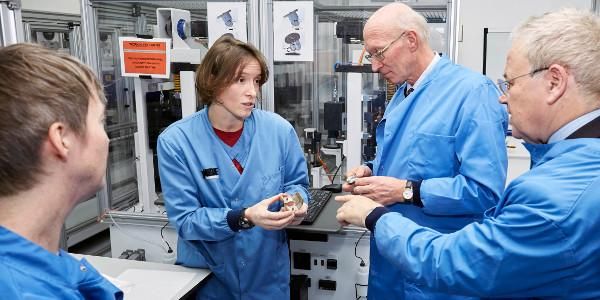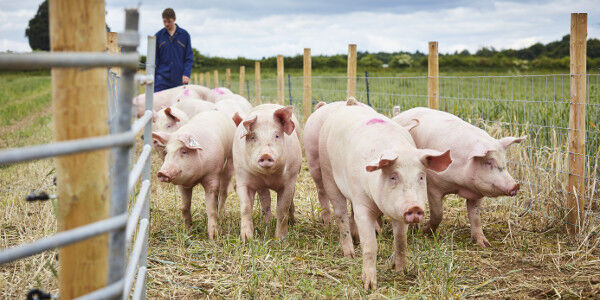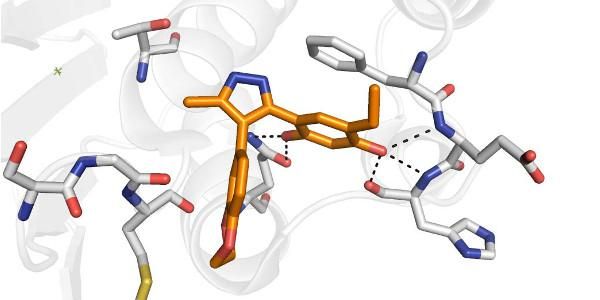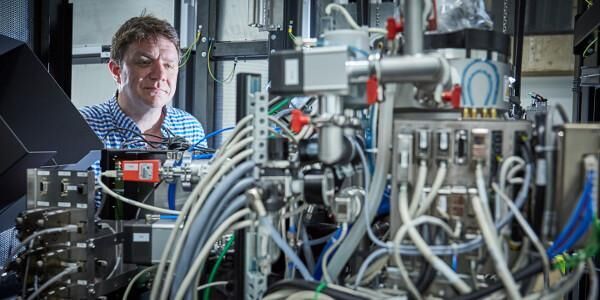
World-leading medical engineering shown to Minister
Cutting-edge developments in medical technology have been demonstrated to Government Health Minister Lord Prior, during a fact-finding mission to Leeds.

Cutting-edge developments in medical technology have been demonstrated to Government Health Minister Lord Prior, during a fact-finding mission to Leeds.

Yorkshire will soon become one of the best places in Europe for pig research, thanks to significant investment from the University of Leeds and the Government.

A study suggests that pharmaceuticals are polluting our rivers more than pesticides.

A new £6 million project led by the University of Leeds is predicted to bring a £50 million benefit to the Yorkshire economy by reducing the costs and impact of water-related threats to the region.

In the last 60 years mankind has come to rely on the wonder-cure of antibiotics to solve a multitude of ills by inhibiting disease-causing bacteria and curing potentially fatal infections.

A new approach has been developed to combat diseases caused by herpesvirus infections, including everything from cold sores to cancer.

Improved understanding of the way hundreds of different types of disease-causing bacteria operate could help pave the way to tackling their effects, according to leading scientists.

Three University of Leeds professors have been elected as Fellows of the Royal Academy of Engineering, in recognition of their significant contribution to the field.

The first ever satellite tracking study of one the world’s endangered seal species has revealed new information about their migration habits and hunting patterns.

China’s Ambassador to the UK was shown a wealth of world-leading University of Leeds research and culture on his first visit to the city.